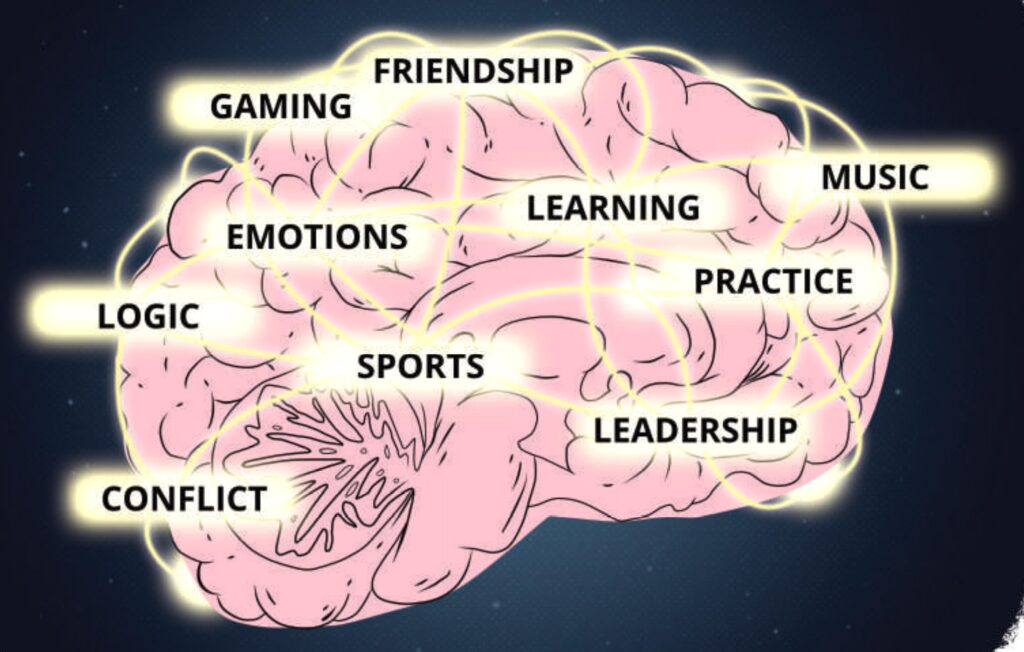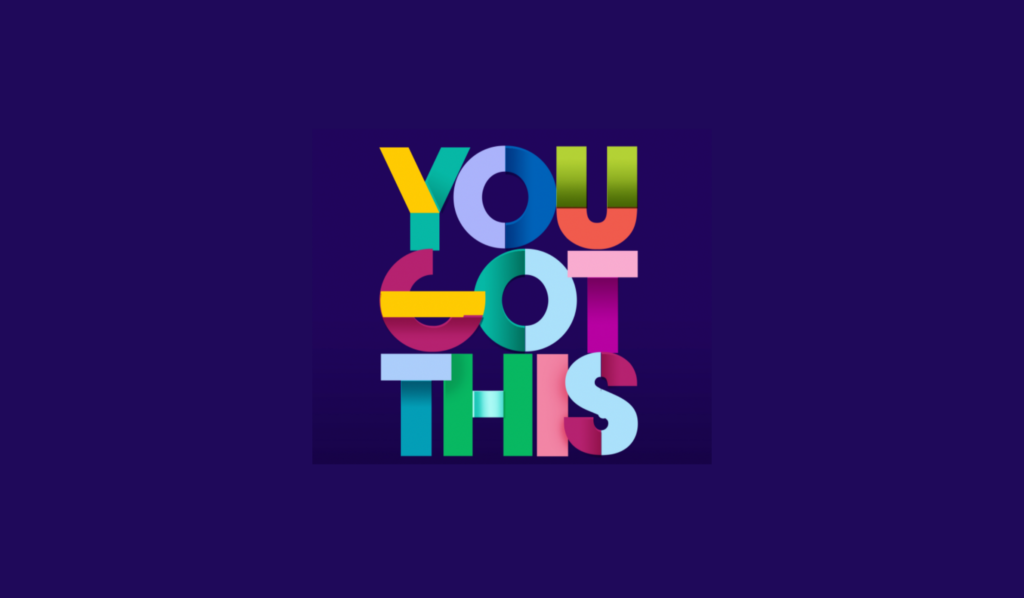Be Informed
Choose a topic to learn more about it, or explore the featured resources below.
-

Gaming’s Effects on Young Brains
As much as games are fun and exciting, they also have risks and some people are more vulnerable. Source: Greo Evidence Insights
-

7 Substance Use Trends Parents Need to Know in 2025
This video and article break down the key trends for 2025—no scare tactics, just real information to help you guide and support your teen. Source: Partnership to End Addiction Teen substance use trends are always changing, and staying informed can help parents have better conversations with their kids. The good news? Teen substance use is…
-

Vaping Conversation Guide
You can play a significant role in protecting your child from the dangers of vaping and nicotine dependence. Use the tips and suggestions below as a framework for having a productive conversation. Source: American Lung Association Even though parents know their children best, this guide was developed in partnership with child psychologists and includes best…
-

Linn County Teen-Approved Conversation Starters
Need ideas for getting teens talking about the risks of alcohol and other drug use? Try these suggestions from Linn County high school students.
-

This is Quitting: Resource to help young people quit vaping
This could be the year a young person you care about quits vaping. According to a survey by Truth Initiative, almost half (48%) of young nicotine users aged 18-to-24 are making quitting a priority for their New Year’s resolutions. Source: Truth Initiative There are many reasons young people may want to quit vaping, including physical…
-

Evive App Helps to Redefine Your Relationship with Gambling
Evive helps to redefine your relationship with gambling and get immediate, tailored help for change. The app is free for Oregonians. Keep It Safer: Want to keep your gambling safe? Discover ways to minimize your risk. Cut Back: Want to gamble less? Discover ways to cut back on the time and money spent betting. Stop…
-
Tips for Parents: Preventing Youth Marijuana Use
Tips for Parents: Preventing Youth Marijuana Use
Watch the Linn County STAND Youth Council Dr. Seuss-inspired video (above) with a light-hearted reminder for parents: Talk to kids about the risks of youth marijuana use! Count It and Lock It Up If you have alcohol, marijuana or other substances in your home that are prohibited to minors, track them and lock them up. Start…
-

How to Tell if Your Child is Drinking Alcohol or Using Other Drugs
Although the following signs may indicate that your child has a problem with alcohol or other drugs, some may also reflect normal growing pains. Source: Substance Abuse and Mental Health Services Administration
-

150 Ways to Show Kids You Care
150 Ways to Show Kids You Care is a wonderful tool for nurturing connections with the children in your life. Keep the list handy and try something new each day. Source: Search Institute